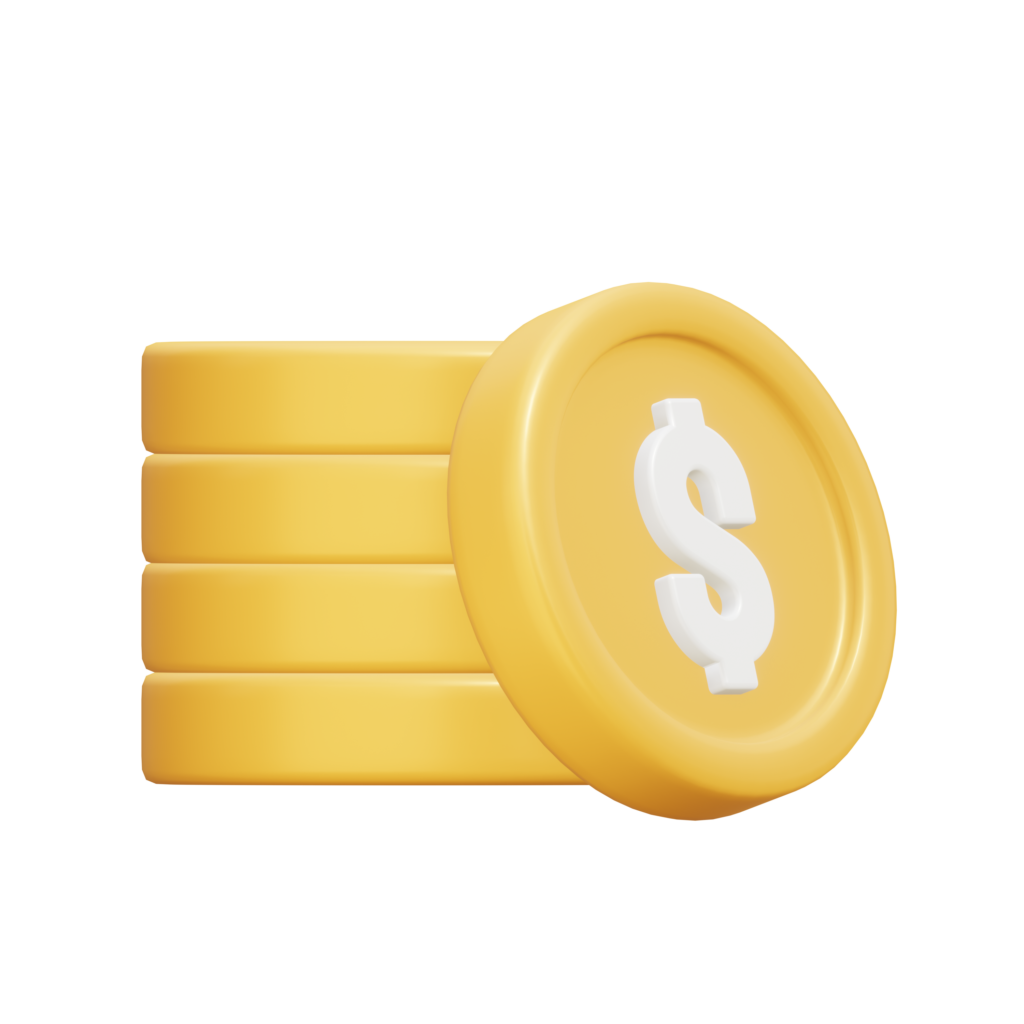
Technology is revolutionizing industries and transforming the way things operate. Bitcoin stands out as a symbol of innovation guiding us towards what lies ahead in digital times. Introduced in 2009 Bitcoin was the pioneering currency that broke free, from control. It garnered attention and sparked debates. Despite doubts and uncertainties, Bitcoin proved its resilience and potential to reshape our perception and utilization of money. This article delves into why numerous individuals believe that Bitcoin will shape the future of transactions.
Bitcoin can be perceived as a form of currency, distinct from traditional money governed by governments and financial institutions. It is. Managed by a network of computers spread across the globe.
Bitcoin has captured interest due to its attributes. One notable feature is its supply. There will ever be a limited number of Bitcoins in existence. This characteristic draws comparisons to gold as it suggests the potential, for long-term value retention.
Bitcoin has a concept, behind it. Empowering individuals with control over their finances. Unlike banking systems, Bitcoin allows peer-to-peer transactions without relying on intermediaries. This convenience proves valuable in areas where access to banks is limited.
Another goal of Bitcoin is to enhance the speed and affordability of transactions. Traditional international money transfers can be time-consuming and costly due to fees. Bitcoin aims to revolutionize this by enabling inexpensive border money transfers.
However, as with any technology, there are considerations to ponder. Some concerns revolve around the volatility of Bitcoin’s value, which complicates its usage. Moreover comprehending its functioning remains challenging for individuals. Nevertheless, as awareness grows clarity might prevail.
The role that Bitcoin will play in our landscape remains uncertain for some people. The novelty factor coupled with diverging opinions, on its application, contributes to this uncertainty.
There are indications that more prominent corporations and even governments are becoming interested, in Bitcoin. This suggests that it could have a role to play in the way we engage with money.
In the year 2030, it’s difficult to predict where Bitcoin will stand. It may become a used method for purchasing goods. It might still be primarily utilized by tech-savvy individuals. It could even revolutionize our perspective on money, banking and trade. One thing is certain; Bitcoin has sparked ideas and discussions. Its journey has only just begun.
In a world where money and technology are transforming Bitcoin’s narrative demonstrates that fresh concepts can challenge practices and lead to new possibilities. It offers us a glimpse, into the future of how we may manage our finances.
Decentralization And Autonomy
Bitcoin stands out for its decentralization, which sets it apart from currencies regulated by banks and governments. Instead, Bitcoin relies on a network of computers that operate in a manner. This unique structure means that there is no entity controlling the supply, distribution or monetary policies of Bitcoin. Rather it utilizes a transparent technology called blockchain to record transactions. The decentralization of Bitcoin ensures independence from systems and mitigates the potential, for manipulation or interference, by centralized authorities.
Limited Supply And Scarcity
Bitcoin is different from regular money because there will only ever be 21 million Bitcoins. This limit was made on purpose by the person who made Bitcoin, Satoshi Nakamoto. This limited amount is similar to valuable things like gold, which makes Bitcoin a way to save value. While regular money can lose value because of inflation and unclear money rules, Bitcoin’s limited supply can help keep its value safe. This makes it a good choice for people who want to keep their money safe from losing its worth.
Financial Inclusion And Empowerment

Many people around the world don’t have regular banks to use. Bitcoin can help with this because it works across borders and doesn’t need middlemen. People in faraway or neglected places can use Bitcoin to send and get money, use financial services, and be part of the world economy. This can give them more control over money and help make life better in places where normal banks are not available.
Lower Transaction Fees And Speed
Regular money systems usually charge a lot of money when you want to send it across borders. But Bitcoin doesn’t need middlemen, so the fees are much lower. Also, sending Bitcoin happens faster than in regular ways, especially when you’re sending money between countries, which can take days. Bitcoin is quicker and costs less to use, which can help send money back home or trade between countries.
Security And Transparency
When you do things with Bitcoin, like sending money, it’s made safe using special codes. This makes it hard for anyone to mess with. Also, the way Bitcoin works keeps a public record of all transactions, so it’s easy to check and make sure everything is real. This helps stop cheating and makes sure people are responsible for what they do. This way of working can be used for other things too, like keeping track of things being made and proving who owns something.
Peer-to-Peer Transactions And Ownership
Bitcoin enables peer-to-peer transactions without the need for intermediaries such as banks. This allows for direct ownership and control over one’s assets, eliminating dependence on third parties. With the rise of digital ownership and the growing interest in non-fungible tokens (NFTs), Bitcoin’s decentralized nature aligns well with the evolving landscape of digital assets.
Geopolitical Uncertainties And Financial Stability
When countries don’t get along and the money situation is unsure, regular money and markets can change a lot. But Bitcoin is different because it’s not controlled by governments or banks. This can help keep things stable even when there’s a lot of uncertainty. Some people and big groups think of Bitcoin as a safe place to put their money, kind of like how people have thought of gold in tough times throughout history.
Innovation And Technological Progress
Since Bitcoin came around, it has led to many new ideas in the world of blockchain and cryptocurrencies. Things like smart contracts, decentralized finance (DeFi), and turning real things into digital tokens are becoming more popular. These new ideas are not just about money – they’re changing how other industries work too. The technology that makes Bitcoin possible has inspired a lot of creative thinking, which could change how many different parts of the world work.
Economic Empowerment And Financial Sovereignty
Bitcoin gives people a special kind of control over their money that regular banks can’t offer. When you have Bitcoin, you can use it and move it around without needing banks or other money middlemen. This helps you take care of your money the way you want, and it makes it less likely that governments or banks can tell you what to do with it. It also lowers the chance of things like the government limiting how much money you can use or stopping you from using your account, which can happen with regular banks.
A Catalyst For Innovation In Financial Services
Bitcoin coming into the picture has caused a lot of new and creative ideas in how we handle money. The normal banks and how we pay for things are now being questioned because of new ways that use something called a blockchain. This has led to making new ways to deal with money, like lending and borrowing without a big central authority, and even new ways to get money for new projects through something called Initial Coin Offerings (ICOs). Bitcoin’s effect goes beyond just what it can do by itself – it’s making the world of money more exciting and full of new options.
Store Of Value And Digital Gold

People have started thinking of Bitcoin like they do with gold, seeing it as a way to keep value safe. Just like gold, Bitcoin isn’t affected much by inflation or politics. Because of this and the fact that there’s only a set amount of it, people are calling it “digital gold.” People who want to make their investments safer and keep their money safe have started looking at Bitcoin. They think it could help them when things in the economy are unsure and they want to make sure their money keeps its worth.
Global Accessibility And Financial Sovereignty
Bitcoins’ ability to operate without being restricted by boundaries allows for border transactions, without the involvement of intermediaries like banks. This is especially valuable for individuals residing in areas with banking infrastructure or oppressive financial systems. By enabling people to have autonomy over their finances Bitcoin plays a role, in promoting independence and empowering individuals to make decisions on their terms.
Evolving Regulations And Institutional Acceptance
Over the years the rules and regulations regarding Bitcoin have changed. Governments and financial regulatory bodies now understand the importance of cryptocurrencies. Have begun establishing guidelines to regulate their use. Additionally, traditional financial institutions such, as investment firms and trading companies are embracing Bitcoin. Including it in their portfolios. This acceptance, from players has given Bitcoin credibility as an asset class and enhanced its potential as an investment option.
Volatility And Maturation
Bitcoin has gone through big changes in its value, with prices going up and down a lot. Even though its value has gone up a lot over time, the big price changes have stopped some people from fully liking it. But as more people like investors, big organizations, and regular people start using and understanding Bitcoin, the way it’s used is getting more stable. More people using it and clearer rules about it might help it be less up-and-down in value, making it a steadier thing to invest in.
In a time when technology is changing fast and how money works is also changing, Bitcoin has become a big force for making things different. It’s changing how we do money, creating new ideas, and giving power to regular people. Even though there are still problems and things we’re not sure about, Bitcoin is moving forward and has a lot of potential. As the world deals with money problems, new technology, and things happening around the world, Bitcoin is making people talk about what money could be like in the future and how everyone can be treated fairly when it comes to money
Does Bitcoin Have A Future?
The future of Bitcoin has sparked debate with opinions, on the matter. Some critics express concern about its price volatility, regulatory uncertainties and technical obstacles that could potentially impede its progress. On the hand, supporters highlight the increasing adoption of Bitcoin growing interest from institutions and the expanding range of technologies as signs that it holds promise for the future. Although uncertainties persist Bitcoin’s ability to withstand challenges, over the decade and its capacity to adapt to evolving circumstances suggest that it is likely to have a future.
Where Will Bitcoin Be In 2030?
Guessing exactly what will happen to Bitcoin in the next ten years is hard because the cryptocurrency market is always changing. But there are a few things that might happen. Bitcoin might become more a part of regular money systems, with clear rules that help more people use it. It could also be used a lot for transactions between different countries, sending money back home, and trading between countries. Also, Bitcoin might get better at handling lots of transactions, using less energy, and keeping things private, which would make it easier and nicer to use.
Why Bitcoin Will Be Successful?
Bitcoin has the potential to achieve success due, to its ability to address the financial and technological challenges we currently face. One of its advantages is its nature, which empowers individuals with greater control over their finances and reduces dependence on intermediaries. Moreover, the limited supply of Bitcoin ensures its long-term value stability making it an attractive option for saving money. The technology underlying Bitcoin, known as blockchain has also sparked innovation in industries beyond finance. Consequently, there is interest from individuals, businesses and governments exploring the applications of Bitcoin thereby bolstering its prospects for success.
Imagine a world where monetary norms are evolving alongside advancements in technology. Bitcoin represents a force that simply cannot be ignored. Its solutions to existing problems and the opportunities it presents have sparked curiosity and conversations about how it will impact not our finances but also numerous other aspects.
In summary, Bitcoin possesses qualities that position it as a contender for the future of currency. Its decentralized nature ensures independence from any entity; its finite supply promotes accessibility; robust security measures encourage trust; and its existence outside traditional monetary systems paves the way for innovation. All these factors contribute to its growing significance, in our world.
There is debate regarding the long-term sustainability of Bitcoin and the establishment of regulations governing it. However, it is undeniable that Bitcoin has initiated a transformation that will greatly influence the concept of money for a period. While it remains uncertain whether Bitcoin will entirely supplant systems its impact is certainly altering our perception, utilization and comprehension of money.